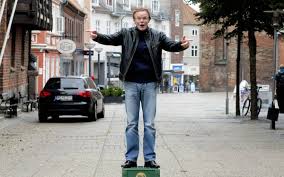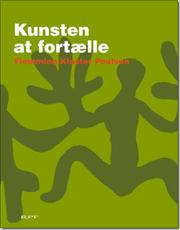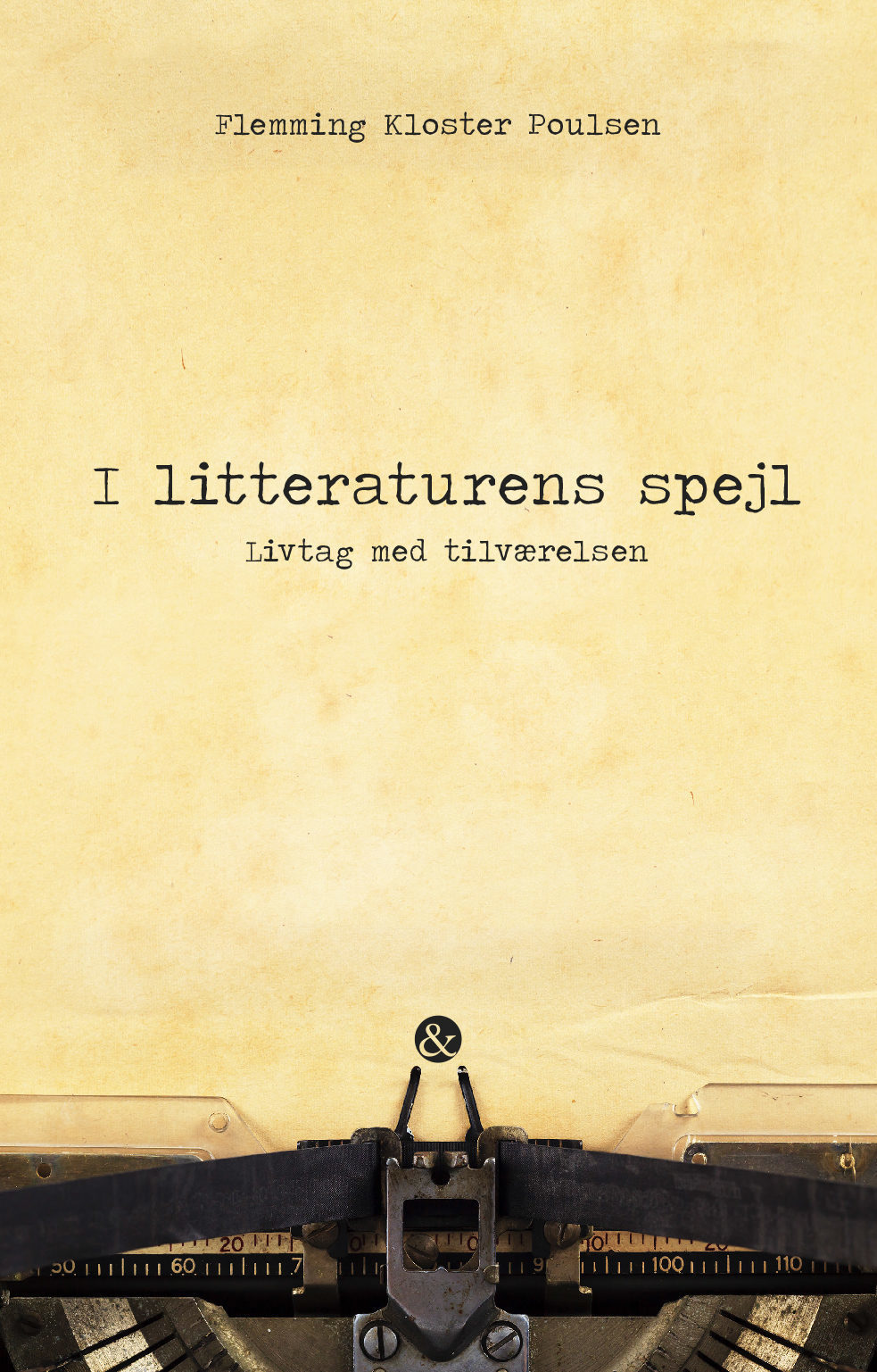Priest and storyteller – my storytelling business
The editor of the Scandinavian CoScan magazine asked me to tell the readers about my storytelling business. I’m happy to do it and I hope you, the reader, will enjoy. Here we go!
I have been serving as a priest in Denmark for many years and since 2016 I have been the vicar at the Danish Church in London. In addition to my clerical duties I have been a storyteller touring all over Denmark. I have been telling stories at schools, folk high schools, festivals, cafes, pubs, churches, libraries, hospitals and prisons. Storytelling has been half of my life over the last 20 years.
Storytelling is an art of both interpretation and performance. As a storyteller you must dig deep into the characters of the story, their emotions and actions. But also, you must take care of your delivery and performance in order to make the story open up and reveal its content for the audience. It’s a fascinating process, full of curiosity and creativity.
Storytelling Café

For 13 years I ran a monthly Storytelling Café where I retold stories from contemporary literature. My repertoire was mainly modern Scandinavian literature by, for example, the Dane Ida Jessen, the Norwegian Jan Kjærstad, or occasionally a detour to the Russian Dostoevsky.
I condensed each of the novels into a story which took me one hour to tell. Along with the storytelling, people could have coffee and cakes and we sang a couple of songs that everyone could participate in. The Storytelling Café became hugely popular and for several years all 150 seats were sold out every time.

Bible stories on a beer crate
Another story telling projects was “Bible stories on all platforms” (online, video, television, newspapers, books) which took place over the years from 2010 to 2015. The main idea was to tell the Bible stories outside the church in places not normally known as places for telling Bible stories. The core part of the project was “Bible stories on a beer crate”. I used to stand on a beer crate telling my stories in lots of places like pubs, libraries, societies, clubs for business people, wards in prisons and hospitals. The combination of a beer crate and Bible stories became a popular concept and I got lots of invitations from the wider society, among others from the Danish national broadcasting company.
Writing books
An important part of my storytelling business has been writing three books. The first one was “The art of storytelling” – a work book providing a toolbox on how to tell stories from literature, from the Bible, and from your own life.
My second book was “The imperfect life” which focused on Bible stories. Here I retold 42  stories from the Bible and in addition I gave my own personal bid on a contemporary interpretation of each story. My main point was to show that Bible stories are an alternative to today’s narrative of the perfect life. According to the Bible flaws, defeats, suffering are part of our basic conditions as human beings.
stories from the Bible and in addition I gave my own personal bid on a contemporary interpretation of each story. My main point was to show that Bible stories are an alternative to today’s narrative of the perfect life. According to the Bible flaws, defeats, suffering are part of our basic conditions as human beings.
In my third book, called “In the mirror of literature”, I focused on stories from contemporary literature and how to use them as wisdom and guidance in  your everyday life when we are wrestling with identity, joys and defeats, illness and death. Stories from good literature can provide enlightenment and ‘learning’, not in the sense of academic studies but in the practical understanding of life.
your everyday life when we are wrestling with identity, joys and defeats, illness and death. Stories from good literature can provide enlightenment and ‘learning’, not in the sense of academic studies but in the practical understanding of life.
Storytelling and the church
Finally, some words about the church and storytelling. I believe that the church is an important place for storytelling. Basically, Christianity consists of stories about God and man. From the stories about Adam and Eve over the great story of Christ and his disciples to the story of the initial church and the very first congregation.
The Bible stories are ways of narrating and interpreting our life in relation to Christ, the world, other people and ourselves. They are concerned with faith and the meaning of life, our basic conditions, how to deal with our failures, sorrows and losses, how to find joy and relief and love in the middle of a modern urbanized world.
Therefore, one of the church’s main tasks is to tell the old Bible stories and combine them with our contemporary society and life experience. I don’t need a happy ending, but I am looking for meaning and purpose.
I’ll conclude by saying that in a time dominated by materialism and an enormous media flow it’s important that we have great stories which shed light on our very existence, ethical dilemmas and current society. Often, we find that a story provides more wisdom and meaning than scientific data and analysis.